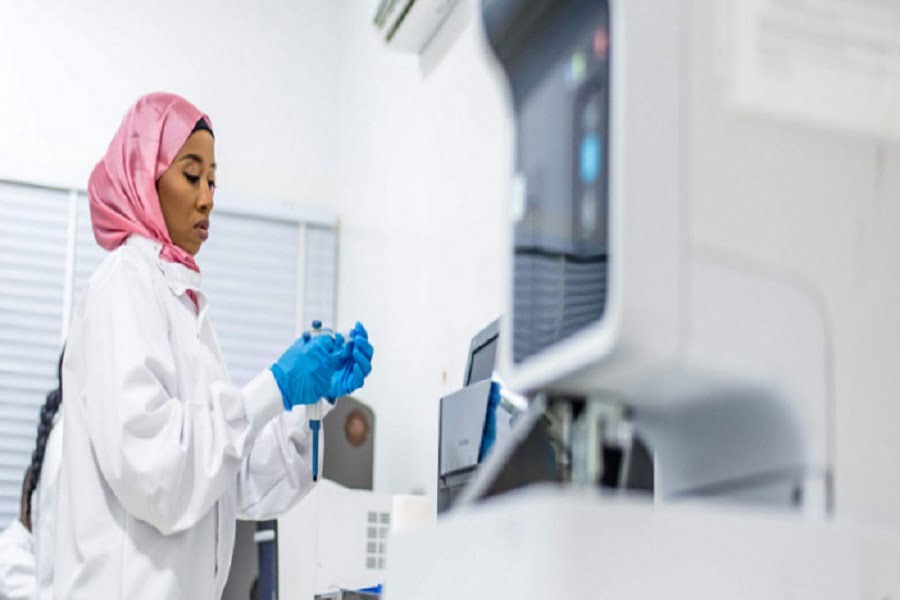54gene, the health technology company advancing African genomics research for improved global health outcomes, has awarded $64,000 in scholarships to four Ph.D candidates in Nigeria, Uganda and South Africa.
Through the African Centre for Translational Genetics (ACTG), a non-profit initiative launched by 54gene in February 2020, the grants awarded will be used to further develop translational genomics research capacity across Africa, and will cover all expenses of the recipients during their postgraduate study.
The ACTG’s mission is to invest in the continent’s health ecosystem by empowering the next generation of African genomics scientists through the provision of scholarships, grants, fellowships, internships and training programmes.
The PhD scholarship awards were the primary focus for the ACTG in 2021. Following a three month pan-African call for applications and a rigorous selection process, four successful recipients were handpicked from a total of 46 applications and were awarded grants to advance their genomics research studies in the areas of cardiometabolic diseases, cancers, neurological diseases and sickle cell disorders.
The four candidates that have now been awarded the Ph.D scholarships are studying at different institutions spread across Africa – two are based at Makerere University, Uganda, one at University of Pretoria, South Africa and the last awardee is based at Covenant University in NIgeria.
The awardees include Rejoice Gomera, University of Pretoria, South Africa; Christopher Kintu, Makerere University, Uganda; Abimbola Onyia, Covenant University, Nigeria; and Chisom Soremekun, Makerere University, Uganda
Speaking on the scholarships, the CEO of 54gene, Dr. Abasi Ene-Obong, said: “Developing the next generation of genomic scientists is critical in ensuring that the knowledge, resources and insights derived from homegrown research benefits not only Africans but the global population. Access to funding as well as to our international team of genetic and bio-medical specialists is a unique opportunity for these talented African researchers who, like us, want to unlock the boundless potential offered by the human genomic diversity of African populations.”

